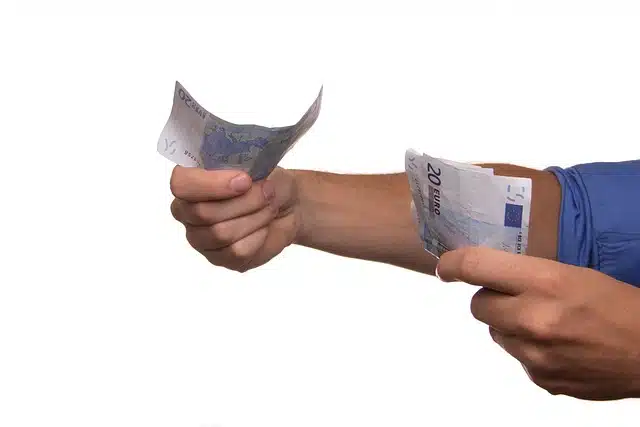
A subsidy is an economic contribution made by the State for a social purpose.
Originating in the Latin subsidĭum , the concept of subsidy allows us to identify public assistance based on economic aid or benefit . It is a system focused on stimulating consumption or production , or aid that is granted for a certain time.
For example: "I am going to start the procedures to collect unemployment benefits" , "The government announced a subsidy to encourage the consumption of electronic products in the province" .
The subsidy, monetary aid
The subsidy is used to achieve a social purpose (that, to cite specific cases, all families can have access to the basic food basket, that the lower classes are in a position to acquire a home, etc.) or to favor, for different reasons, to certain productive activities or regions of a country.
Regarding this specific meaning we have to say that, for example, in Spain this type of subsidy has become the fundamental piece of support for many families. And the economic crisis that is being experienced has resulted in millions of citizens being left without work, which is why they need this monetary aid to be able to maintain their housing and cover basic needs .
We also cannot ignore the fact that the term we are addressing is widely used in Nicaragua to refer to the temporary sick leave suffered by a specific worker when he or she suffers from an illness. That period, the duration of the leave, during which the aforementioned employee will continue to receive his/her corresponding salary.

There are different types of subsidies.
Difference in values
The subsidy could be defined as the difference that is noticed when comparing the real value of a product or service and the value that the consumer pays to access said product or service.
In these circumstances, the government distributes subsidies to companies to prevent prices or rates from increasing: "The president decided to extend the subsidy to electricity companies to prevent new increases."
Supply or demand subsidy
It is possible to distinguish between supply subsidies (which are granted to producers or service providers) and demand subsidies (which allow the user to pay a reduction).
Within demand subsidies, there are direct subsidies (through which the State directly pays a part of the service to consumers) and cross subsidies (the State does not establish a single rate for all consumers, but there are those who pay more for the service so that others can pay less).
And all this without forgetting that there are so-called production subsidies , which are those current payments that the government of a federal state makes to the different companies in the country for the fact that they contribute to its production. Payments that, as could not be otherwise, are made in proportion to the aforementioned productive participation.
The concept in religion
Formerly, in the ecclesiastical sphere there was also what was known as a subsidy, although it is currently out of use.
Then that term was used to refer to the aid that the Kings of Spain received from the top of the religious organizations and that came to be in relation to what were the ecclesiastical income of the territories that they governed.
